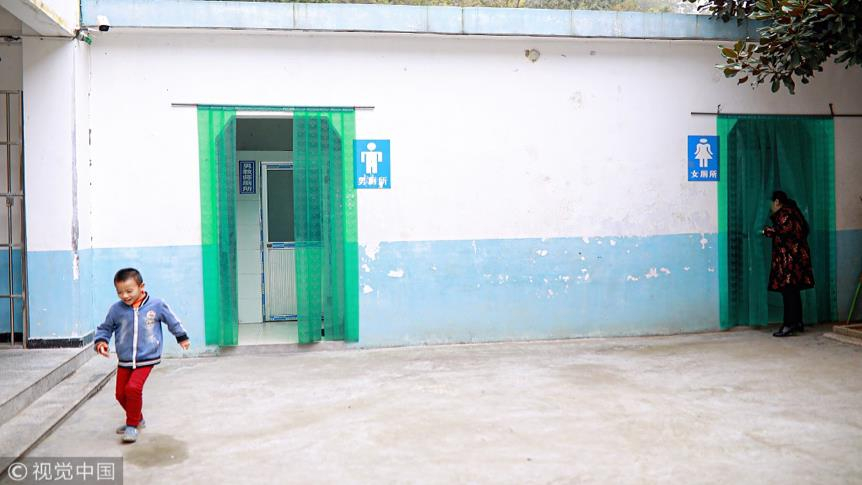
18:07, 28-Feb-2019
Highlight – World Toilet Organization founder Jack Sim promotes new toilet culture in rural China

China’s nationwide toilet revolution began on April 1, 2015 when President Xi Jinping launched the campaign.
Since then, China has implemented two three-year plans successively. Between 2015 and 2017, during the first three-year plan, China allocated 1.8 billion yuan (US$264 million) to construct or upgrade 68,000 public toilets nationwide.
Despite a radical improvement in the number and quality of toilets in most scenic spots and cities, 17 million households still have serious hygiene problems resulting from poor toilets.
How is the toilet revolution developing in rural China? How to change the social culture and personal behavior around toilets?
Robert Lawrence Kuhn discusses these issues with Jack Sim, founder of the World Toilet Organization. Jack Sim initiated the “Rainbow School Toilet” program for the purpose of building modern toilet infrastructure and providing hygiene training for schools. In recent years, he has cooperated with rural schools in China and built 13 rainbow school toilets in Henan Province.

A rural toilet (lower left) next to a house in Daba Mountain, Ankang, Shaanxi Province /VCG·Photo
A rural toilet (lower left) next to a house in Daba Mountain, Ankang, Shaanxi Province /VCG·Photo
Jack Sim states that clean toilets give students dignity and help raise their self-image. When new toilets are put into use, students begin to regard themselves like anybody else in the city.
According to Jack Sim, the toilet movement has become a global trend, with leaders of major countries spending money on toilets. One challenge is how to upgrade the social culture with respect to toilets, especially in poverty-stricken rural areas.
Jack Sim suggests adopting a top-down strategy - starting by changing the ideas of opinion leaders in schools or communities, then those of their followers.
He believes that China’s toilet reform will improve the country’s image, because “toilet is dignity, toilet is pride, toilet is health and toilet is an economy driver.”
SITEMAP
Copyright © 2018 CGTN. Beijing ICP prepared NO.16065310-3
Copyright © 2018 CGTN. Beijing ICP prepared NO.16065310-3